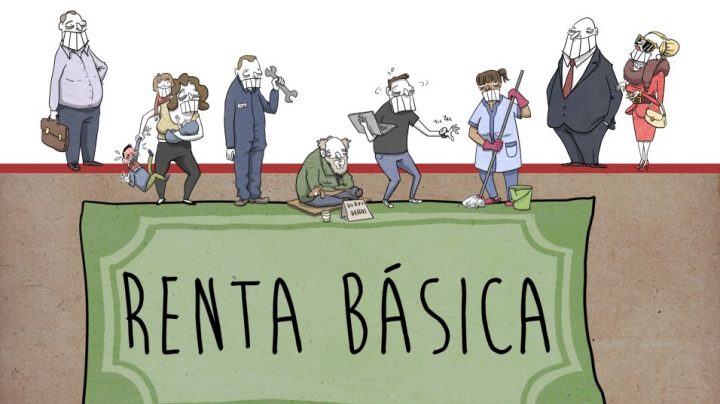This article is part of a series of articles that will try to briefly explain the different aspects of the Unconditional Universal Basic Income proposal. To read the entire series of publications on this same topic, click here.
The debate about the possibility that robots would take over some of the work done by people began in the 1920s. It was a logical evolution, since the history of the human being is also the history of the development of the technological tools that have allowed us to produce more and better. At the same time the human being could have devoted himself to higher tasks. From the primitive stone tools from the Paleolithic, through the mastery of metal, to the steam engine, in the twentieth century the advent of computers completed the circle. Nowadays we own machines for almost everything. We’re talking about more and more “intelligent” machines (for the moment we’ll leave aside the debate on the “intelligence” of the machines and postpone it to another time), and there is hardly any job in which a machine is not used, from a simple plough to a sophisticated mobile phone.
It is time to realize the dream that some have imagined: all the heavy and repetitive work can be performed by machines. It won’t take long before it becomes technologically possible. As a matter of fact, if the resources were destined for research, what little is missing would be quickly achieved. What we have lacked so far is the will, both political and economic.
The UBI would be a great incentive, as on the one hand, more people could devote their time to research in this field, and on the other, since there would be no extreme economic need, we would be obliged to have machines to do the heavy work that nobody wants to do, at least not for a minimum wage (I think about picking fruit, for example). Instead of allocating economic and human resources to the development of robots that can act as “intelligent” soldiers (if they were “intelligent” they would not be soldiers). Those same robots could perform much more socially beneficial functions for the benefit of all. The time has come for the UBI.
Translated from Italian by Ilaria Cuppone






